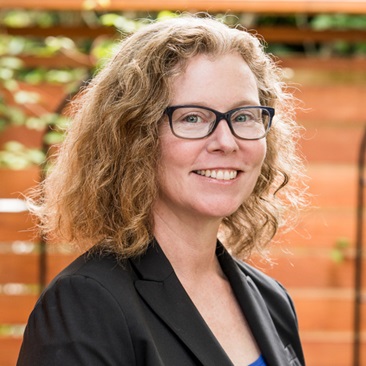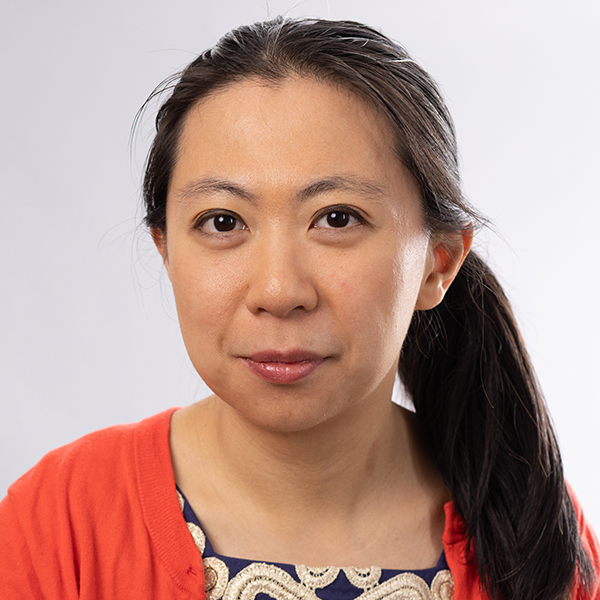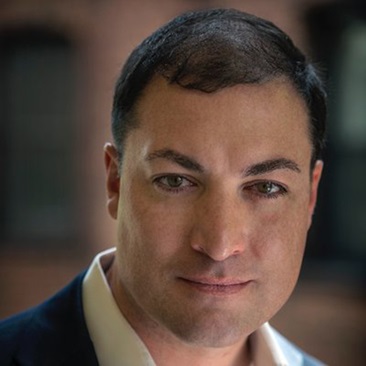full-time faculty teaching and conducting research in political science
of Maxwell faculty conduct research focused outside of the U.S.
graduate students in residence; fewer than 12 admitted each year
Undergraduate Studies
Graduate Studies

I am Maxwell.
Civic engagement is a core value for me. I have always aspired to help the communities I’m from.” Mazaher Kaila, a Maxwell alumna and third-year student at Syracuse University's College of Law, moved with her family from Sudan to Central New York when she was four years old. “I realized that to make meaningful change in society, I needed to understand the systems that power it—government and politics—and that’s insight I would gain by studying political science.”
Mazaher Kaila ’19, L’22
political science, law
Campbell Talks to Democracy Now About Opposing Military Intervention in Niger
August 21, 2023
Democracy Now
West African leaders from ECOWAS, backed by the United States and France, met today to consider military action to restore the ousted Niger President Mohamed Bazoum following last month’s military coup. Neighboring Mali and Burkina Faso have threatened that any intervention in Niger would amount to a declaration of war on them, as well.
This comes as leaders of the coup in Niger have appointed a 21-member cabinet as they forge ahead with building a new government.
The coup “is a consequence of the militarization of Nigerien society” by the United States and France, which both have strong military presence in the region, explains Horace Campbell, professor of political science. He notes anti-French sentiment is a powerful force in Niger and across Africa as people reject the former colonizer’s influence: “The French are inordinately dependent on the exploitation and plunder of Africa.”
Listen to the full interview on Democracy Now.
Related News
Commentary

Jul 29, 2024
Commentary

Jul 19, 2024
BaoBao Zhang Joins First Cohort of AI2050 Early Career Fellows
One of only 15 scholars chosen from across the U.S., Zhang will receive up to $200,000 in research funding over the next two years. Zhang will use the funding to partner with the nonprofit, non-partisan Center for New Democratic Processes to test whether public participation in AI governance is increased through the creation of public assemblies, known as “deliberative democracy workshops.”
Baobao Zhang
Assistant Professor, Political Science Department

Campbell Talks to Democracy Now About Opposing Military Intervention in Niger
August 21, 2023
Democracy Now
West African leaders from ECOWAS, backed by the United States and France, met today to consider military action to restore the ousted Niger President Mohamed Bazoum following last month’s military coup. Neighboring Mali and Burkina Faso have threatened that any intervention in Niger would amount to a declaration of war on them, as well.
This comes as leaders of the coup in Niger have appointed a 21-member cabinet as they forge ahead with building a new government.
The coup “is a consequence of the militarization of Nigerien society” by the United States and France, which both have strong military presence in the region, explains Horace Campbell, professor of political science. He notes anti-French sentiment is a powerful force in Niger and across Africa as people reject the former colonizer’s influence: “The French are inordinately dependent on the exploitation and plunder of Africa.”
Listen to the full interview on Democracy Now.
Related News
Commentary

Jul 29, 2024
Commentary

Jul 19, 2024


